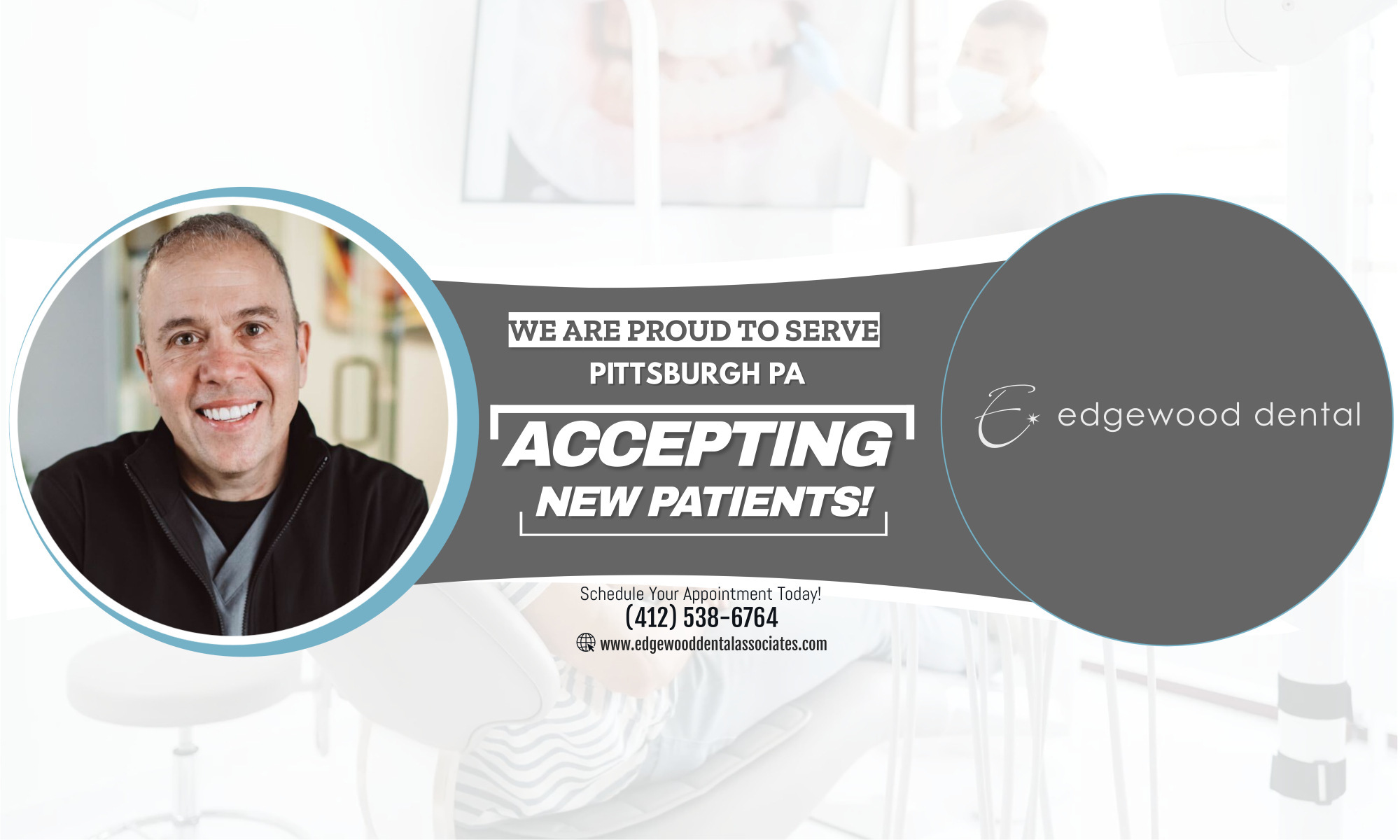Your dentures are designed to last a very long time so its important that you take care of them as you would take care of your own teeth.
They are very delicate and may break easily if dropped even a few inches. So its a good idea to stand over a folded towel or a basin of water when handling dentures.
When you are not wearing your dentures, store them away from children and pets.
Like natural teeth, dentures must be brushed daily to remove food deposits and plaque.
Brushing helps prevent dentures from becoming permanently stained and helps your mouth stay healthy.
There are special brushes designed for cleaning dentures but a toothbrush with soft bristles can also be used. Avoid using hard-bristled brushes as these can damage your dentures.
Some denture wearers also use hand soap or mild dishwashing liquid for cleaning and thats fine. But avoid using powdered household cleansers, which may be too abrasive. Also, avoid using bleach, as this may whiten the pink portion of the denture.
The first step in cleaning dentures is to rinse away loose food particles thoroughly. Moisten the brush and apply denture cleanser. Brush every surface, scrubbing gently to avoid damage.
Dentures may lose their shape if they are allowed to dry out. When they are not worn, dentures should be placed in a denture cleanser soaking solution or in water. Never place dentures in hot water, which could cause them to warp.
Ultrasonic cleaners are also used to care for dentures. However, using an ultrasonic cleaner does not replace a thorough daily brushing.
You can seriously damage your dentures by trying to adjust or repair them yourself. So see your dentist if your dentures break, crack, chip or if one of the teeth becomes loose.
Over time, dentures will need to be relined, rebased, or remade due to normal wear. They may also need to be replaced if they become loose and the teeth show signs of significant wear.
You need to make regular visits to your dentist to make sure the dentures are working as well as possible for you and to check for more serious problems in your mouth such as oral cancer.
